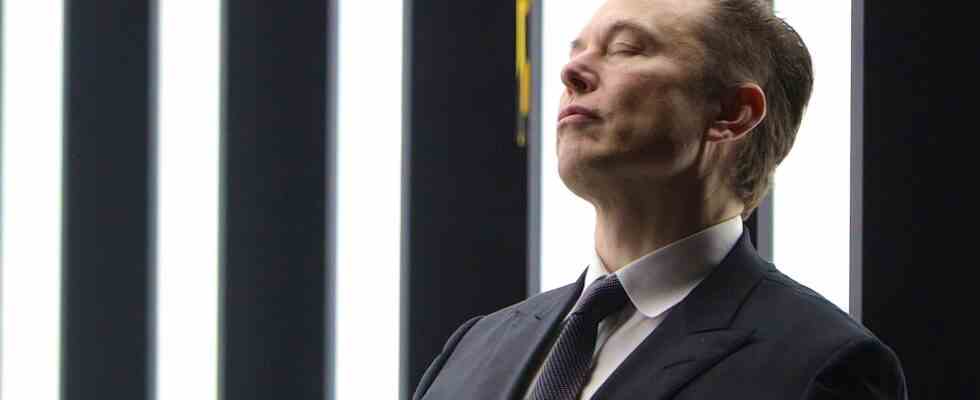Status: 01/18/2023 09:09 a.m
Tesla boss Musk announced in 2018 that he wanted to take the company private. The money for it is safe. However, there were no firm commitments. Investors were angry – and now want to seek redress in court.
In the summer of 2018, Elon Musk surprisingly announced that he would take his electric car company Tesla private. At the time, he let it be known via Twitter that the financing for the purchase of the shares at a premium to the price at the time was “secured”.
This caused a great deal of excitement among investors and sharp fluctuations in the price of Tesla shares. Musk later backed down. It became clear that the financing was anything but secured. Investors subsequently sued Musk. They accuse him of “artificially manipulating” the price of Tesla shares with the aim of hurting all investors who had bet on a falling share price.
Exactly these tweets are now being heard in court in San Francisco. Investors accuse tech billionaire Musk in a class action lawsuit that the resulting price fluctuations have cost them money. At the beginning of the trial, nine jurors were initially selected.
Richter dismisses Musk’s objection
Musk had tried in vain to have the process moved to Texas, where Tesla is currently based. His attorneys argued that potential San Francisco jurors were generally biased against the billionaire. However, the judge did not accept this objection. The public can follow the process via audio transmission.
When the lawsuit was filed, Tesla was still headquartered in Palo Alto in Silicon Valley south of San Francisco. Entrepreneur Musk, long celebrated as a tech visionary, revealed right-wing political views, especially in the course of the takeover of Twitter, which made him less popular in California, which traditionally tended to be more liberal-minded.
Securities and Exchange Commission SEC imposed penalty
The judge has already determined that Musk’s statements in the tweets were not true. While the jury is made aware of this, they are asked to evaluate whether these statements were relevant to investors and harmed them by relying on them. They also need to determine whether Musk was aware that he was making false statements.
The tweets caused a lot of trouble for Musk and Tesla. The 51-year-old and the company each paid fines of $20 million for misleading investors, according to the SEC’s investigation. In addition, Musk had to give up the chairmanship of the board of directors and undertake to have Tesla approve potentially price-sensitive tweets.

